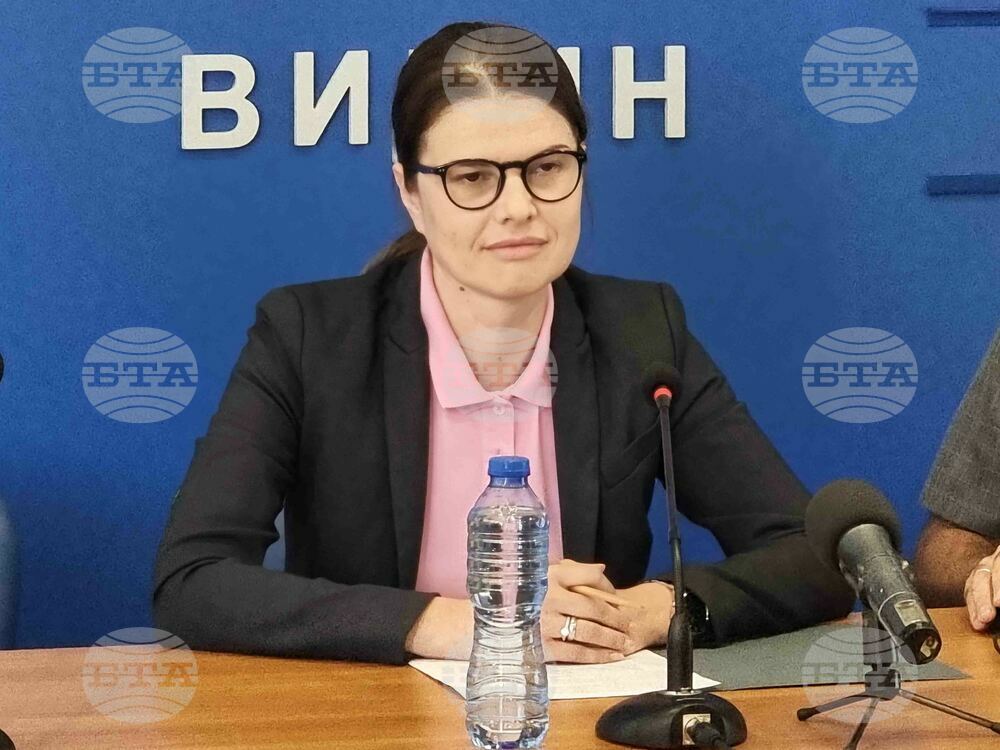site.btaInfluence of EU Can Be Seen Everywhere in Vidin, Says Deputy Mayor During Cross-border Conference


The first and most important thing for a town like Vidin is the economic impact, which can be measured by the EU funds for the development of the municipal, urban, educational, tourism and environmental infrastructure, as well as by established partnerships, Vidin Deputy Mayor Desislava Todorova said on Friday at the sixth cross-border conference under the project "Europe in the Balkans: Common Future," which was held in Vidin and Belgrade.
According to her, this makes the town even better connected, more beautiful and attractive to the citizens and tourists. She praised BTA for the implementation of the project, as it gives local communities the opportunity to present their views on the benefits and challenges of Bulgaria's EU membership. Todorova emphasized that the influence of Europe in Vidin can be seen everywhere. A case in point is the improved infrastructure built over the years with European partners.
She pointed out that in the 2014-2020 programming period, Vidin Municipality implemented projects worth over EUR 44 million under various operational programmes. One of the most significant projects for Vidin in terms of tourist infrastructure is the restoration of the Vidin Synagogue, which was given a new lease of life. It now houses the Jules Pascin Cultural Centre.
"No less important for our city is regional cooperation, which is supported by various European organizations. Through cooperation with European partners and European networks we can make Vidin better represented and visible in European institutions," noted Todorova. She said that during the 2014-2020 programming period, the municipality implemented project steps co-financed by the EU through the Interreg Cross-border Cooperation Programme. She said that in the current programming period Vidin Municipality has submitted a project for the construction of a diagnostic centre for school-age children in Serbia and Bulgaria.
The BTA project "Europe in the Balkans: A Common Future" is supported by the European Commission. It aims to foster a better understanding of the role of cohesion policy in the Balkans; to raise awareness of projects funded by the EU through the Cohesion Funds; promote dialogue on the results of the projects at local level and boost civic participation in issues related to cohesion policy.
The project is funded with EUR 348,871. To achieve the project's aims, BTA is using a media mix and expects to reach out to between 700,000 and 1 million people in Bulgaria, Romania, Serbia, North Macedonia, Greece and Turkiye.
The series of conferences under the project was launched on December 20, 2023 in Sofia. The programme until August 2024 envisages BTA-hosted discussions in the cities of Blagoevgrad, Burgas, Varna, Vidin, Vratsa, Gabrovo, Dobrich, Kazanlak, Kardzhali, Kyustendil, Lovech, Montana, Pazardzhik, Pernik, Pleven, Plovdiv, Razgrad, Samokov, Silistra, Sliven, Smolyan, Sofia, Stara Zagora, Targovishte, Haskovo, Shumen, Yambol, Kardzhali and Haskovo, as well as cross-border conferences in Belgrade, Bosilegrad, Bucharest, Edirne, Skopje and Thessaloniki.
/DD/
Additional
news.modal.image.header
news.modal.image.text
news.modal.download.header
news.modal.download.text
news.modal.header
news.modal.text
































